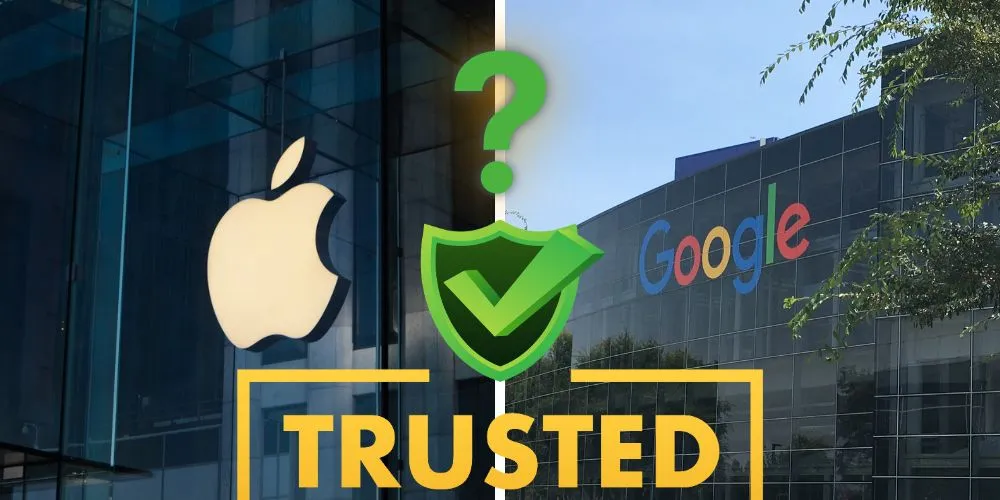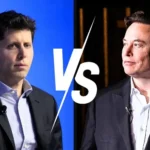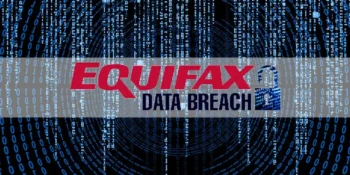Key Points:
- Antitrust regulators are considering breakup orders for Big Tech companies like Apple and Google over alleged anti-competitive practices.
- Concerns about forming “walled gardens” around products have been raised, hindering competition and consumer choice.
- The move echoes the historic breakup of AT&T in 1984 to address similar concerns in the telecommunications industry.
- While breakup orders remain contentious, regulators are exploring alternative remedies to address monopolistic behavior in the tech industry.
Big Tech giants Apple and Alphabet’s Google are confronting their most significant challenge in decades as antitrust regulators intensify scrutiny over alleged anti-competitive practices. Authorities in both the United States and Europe are considering measures, including potential breakup orders, signaling a significant shift in regulatory approach.
The prospect of breakup orders to dismantle these tech behemoths comes amid growing concerns of monopolistic behavior and the formation of “walled gardens” around their products, hindering competition and consumer choice. The move echoes the historic breakup of AT&T in 1984, which aimed to address similar concerns of monopolization in the telecommunications industry.
In response to antitrust actions, Google has contested the EU’s accusations, while Apple has refuted claims made by the U.S. Department of Justice and 15 states. Despite the legal battles ahead, regulators are determined to restore competition and prevent further market dominance by these tech giants.
The U.S. Department of Justice has warned Apple of the possibility of a breakup order, citing concerns over monopolistic practices in the smartphone market. Meanwhile, European regulators are gearing up to investigate potential Digital Markets Act violations by Apple, Meta Platforms, and Alphabet, with fines and breakup orders on the table for repeated breaches.
EU antitrust chief Margrethe Vestager has advocated for bold measures to address anti-competitive practices and conflicts of interest, including the potential divestment of Google’s ad tech business. Similarly, European Parliament lawmaker Andreas Schwab emphasized the need for decisive action against Big Tech to ensure open markets and foster innovation.
However, issuing breakup orders remains contentious, with regulators weighing various options and legal complexities. Experts suggest that dismantling highly integrated systems like Apple’s could pose significant challenges compared to Google. Instead, behavioral remedies and opening up hardware functionality may be explored as alternatives to breakup orders.
While structural remedies such as breakups could ultimately be subject to legal scrutiny, regulators remain committed to addressing concerns of market dominance and anti-competitive behavior in the tech industry.










